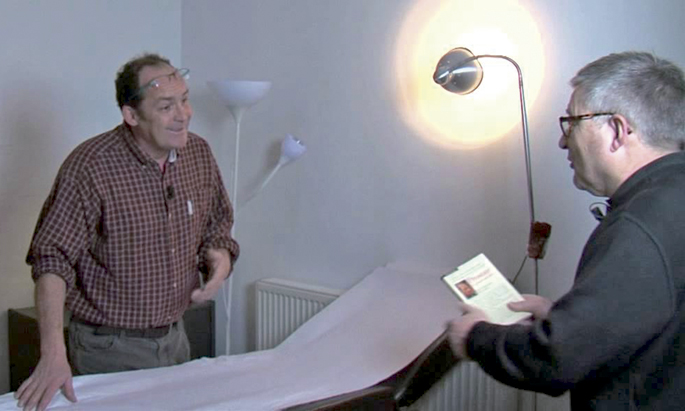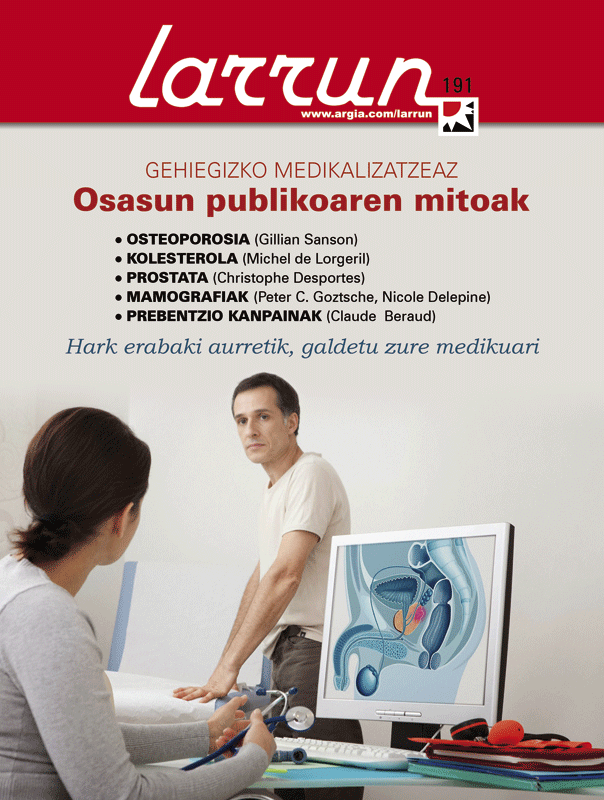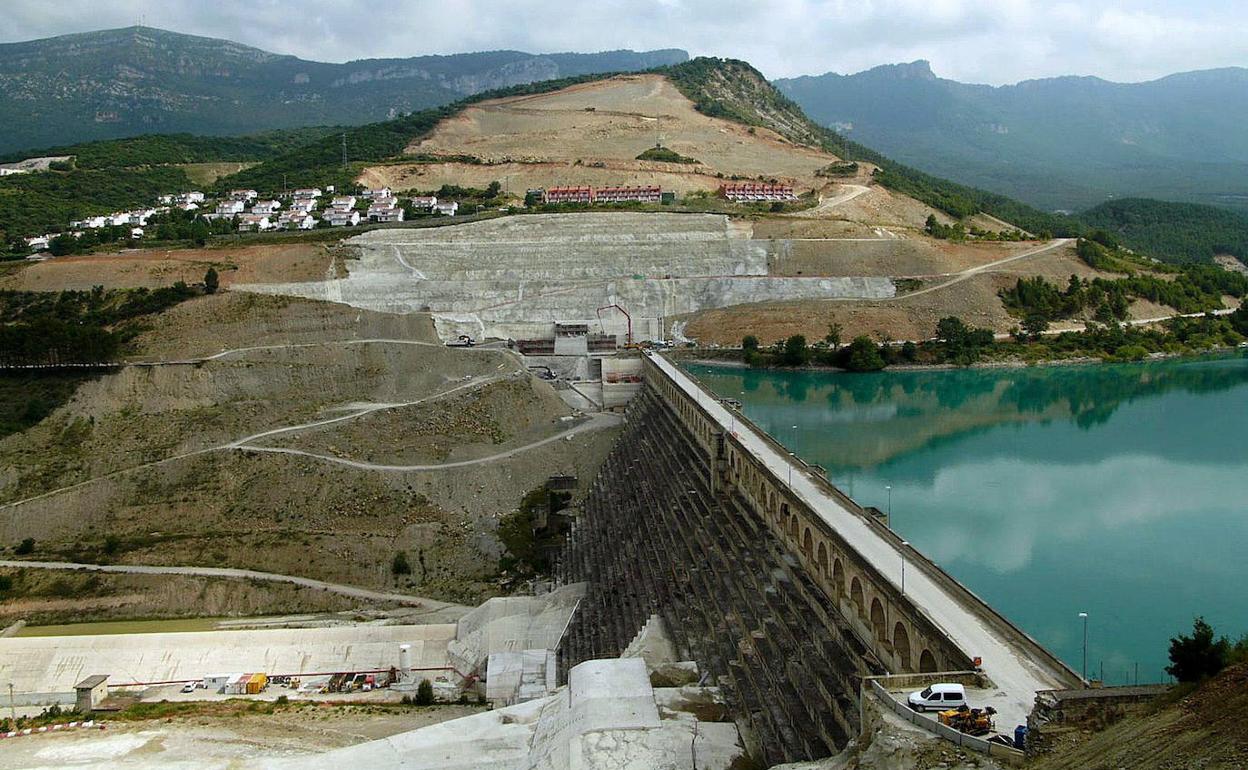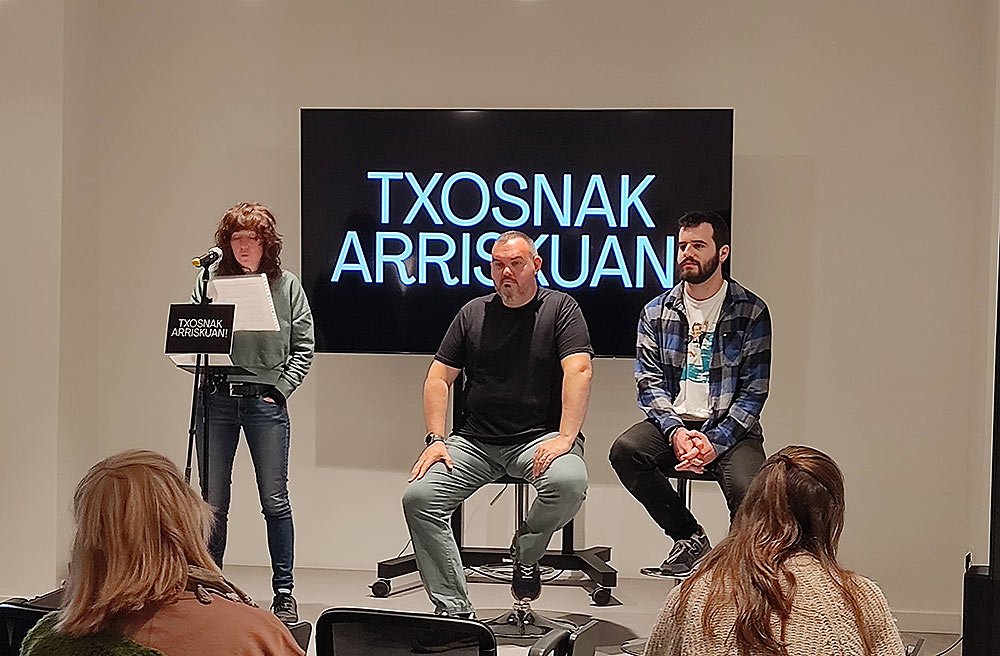"The prostate is a massacre."
- Dr. Christophe Desportes works in family medicine. In 2012 he published his short book Prostate: le grand sacrifice, counting what he saw and studied in his work. Since then, she's still in medicine, but in the night emergency room. Here are the selected questions of the three short interviews conducted by the newspaper Le Telegramme and the television channel NMR.

You are a doctor in a town in Brittany. Everyone says that from a certain age onwards men have to check the prostate, as women have to check their breasts. But you disagree. Why?
I also thought that, “You have to do.” So I did it myself for two years, playing the prostate with my fingers, and if it was hard, I sent him to measure the PSA. But then I've been able to learn about it, and I've asked myself: “But where does that ‘do’ come from?” It does not come from the French health authorities, but from an association of French urologists, who seem to have their hands free for it, although they are not demonstrating the public benefit of these checks, that is the catastrophic.
However, people are worried about cancer and think: “The sooner we have checked the cancer, the sooner we cure it.”
First of all, it should be noted that prostate cancer is the one that develops very late. And the second is that if you look for cancer and you find it and you operate, the damage that's caused is so great that the benefits that you get are almost negligible. First there are the risks of the operation itself, then the risks of the treatment, the prostate will be removed in part or in everything, and after the operation the cancer can be re-produced… What is the point of looking for something we don’t know how to cure later? I am not the first to talk about this, I have not made a hare rise. If you take statistics, so that a check patient can survive at best for two or three more years, you have affected about 60 people with impotence or incontinence, 200 suffer biopsies, repeated urinary infections…
If you agree with the family doctor, analyze the blood, observe the level of the PSA and “the bed, you are upstairs”, the doctor advises you to go to the urologist and in the book mentions the gear that is there, which has to biopsy… you denounce that chain.
It's a gear that often leads you to surgery, radiation or chemotherapy. And great suffering. Because these things are not at once null and void. This topic has a lot of psychological. The doctor, whether a family member or a urologist, is not bound by financial interests. Not looking for cancer is very complicated for a doctor. I'm one of those who think it's not worth looking for cancer that we don't know how to cure. Instead, other doctors ask me: “What are you going to do then?” It's hard to give up checkups, say it's not worth looking for cancer if we don't know if it's cured or cured badly. With the book I want to go beyond not checking, what I want to question is whether society can be slaughtered.
Each year, 22,000 people are operating [in France]. How many of them are useless? One study reveals that mortality among operated patients is slightly reduced. The other study, the American study, which is still being conducted among 76,693 men between 55 and 74 years of age, reports that the check-up does not affect the mortality rate. And society spends a lot of money on that, 5 million PSA tests for 22 euros, we're at 100 million euros ...
Can we say that we have a pro-business?
Indeed, the machine has been given such speed that it is now very difficult to go back.
BRN + Neighborhood and Sain Mountain + Odei + Monsieur le crepe and Muxker
What: The harvest party.
When: May 2nd.
In which: In the Bilborock Room.
---------------------------------------------------------
The seeds sown need water, light and time to germinate. Nature has... [+]





















